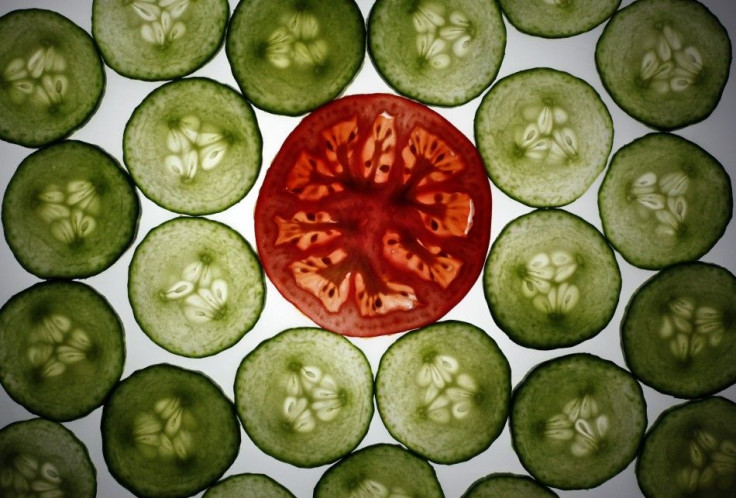E. Coli Allegations to Bleed Egyptian Economy?

E. Coli allegations have resulted in an EU ban on Egyptian fenugreek seeds.
The hit to Egypt's agricultural export sector comes at a sensitive time.
The Egyptian economy was crippled by the recent revolution, when much the nations' larger cities took a major hit in infrastructure, damaged during the protests and subsequent backlash from Mubarak forces earlier this year. There is much uncertainty as to what role the EU ban on fenugreek seeds over E. Coli allegations will play.
Egypt needs a stable economy now more than ever, analysts say.
Democracy is at risk if democracy does not produce, said Elliot Abrams of the Council on Foreign Relations.
In Egypt, the Arab world's second revolutionary trailblazer, just under 12 percent of the population is unemployed, in an almost 2 percent rise from the previous year under ousted Egyptian dictator Hosni Mubarak, and the Arab Republic's real GDP is expected to decline by nearly double the amount of Tunisia's, with the budget deficit amounting to nearly 10 percent of GDP.
In the ultimate of Catch-22s, Tunisia and Egypt will need to establish good government and anti-corruption measures, in order to attract foreign direct investment-- in order to secure the growth of good government.
Egypt authorities deny that its fenugreek seed shipments to Europe are the source of an E. coli pandemic that has killed over 50.
The European Food Safety Authority published a report last Tuesday acknowledging the possibility of Egyptian fenugreek seeds causing the outbreak.
There is still much uncertainty about whether this is truly the common cause of all the infections as there are currently no positive bacteriological results, said the Authority's recently published Joint Rapid Risk Assessment.
No conclusive findings have shown that the fenugreek seeds caused the outbreak.
Scrambling to avoid a blow to the nation-in-transition's economy, today Egypt's Ministry of Agriculture published a statement saying that it tested fenugreek seeds from the source of Europe-bound shipments, and all came out negative for the virus that ravaged Germany last month.
If fenugreek seeds sprouts are suspected to be contaminated with E. coli pathogenic strain, it could be related to different handling processes as the re-packing or water used for sprouting, the Ministry wrote, pointing fingers back at Europe for the outbreak.
The Egyptian fenugreek seeds exported from Egypt to France in 2009 via four European human health quarantine authorities (Netherlands - Germany - UK - France), and no authority approved any contamination.
There is much fear that unresolved allegations could cripple Egypt's moves to rebuild its economy on agricultural exports at a time when democratization depends heavily on economic stability.
Last time European scientists pointed fingers, Spanish
farming group Agricultural Cooperatives reported that the international community's resultant import bans on Spanish cucumbers cost up to $287 million, endangering 70,000 jobs, particularly in the economically disadvantaged South.
German Chancellor Angela Merkel promised to push for European Union (EU) aid to Spain in compensation for her administration's gaffe.
But after the EU offered Spain assistance to the tune of over $220 million, the Spanish agricultural minister Rosa Aguilar rejected the offer saying that the amount would not be enough to offset an economically devastating hit to her country's farmers.
© Copyright IBTimes 2024. All rights reserved.











